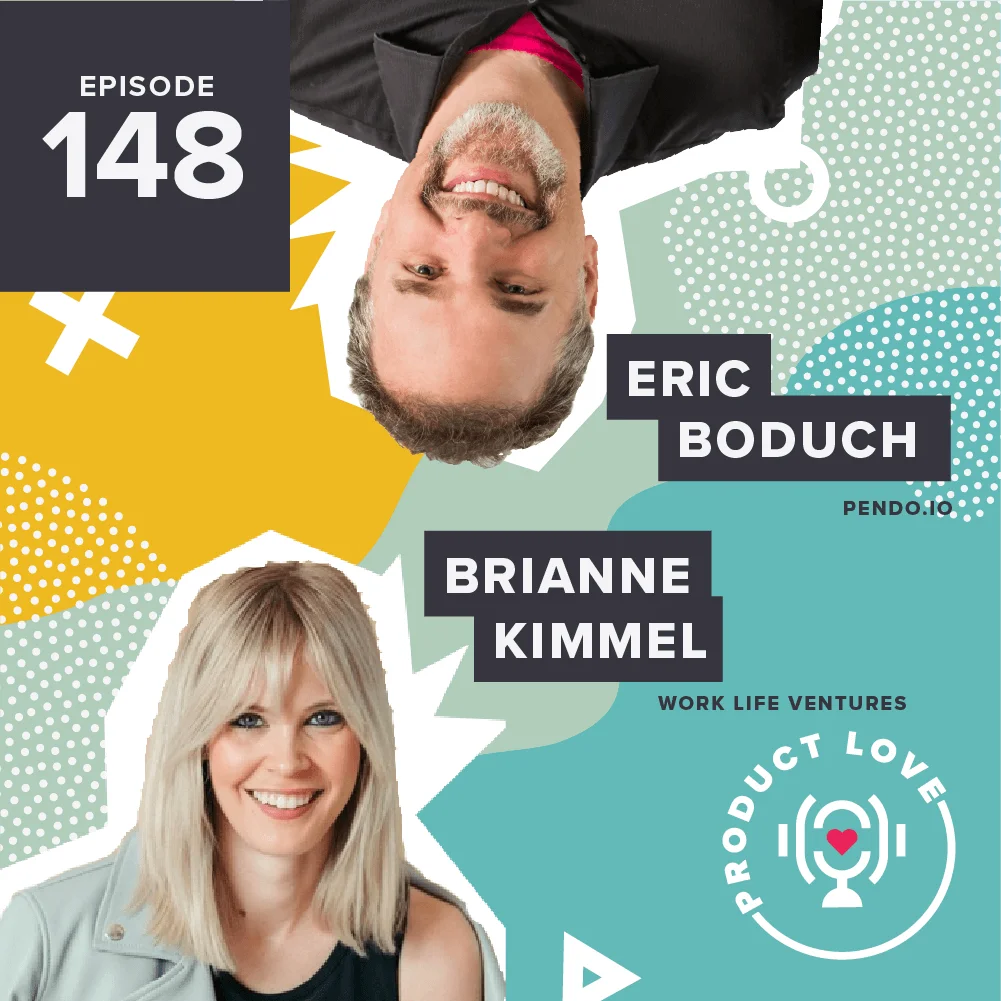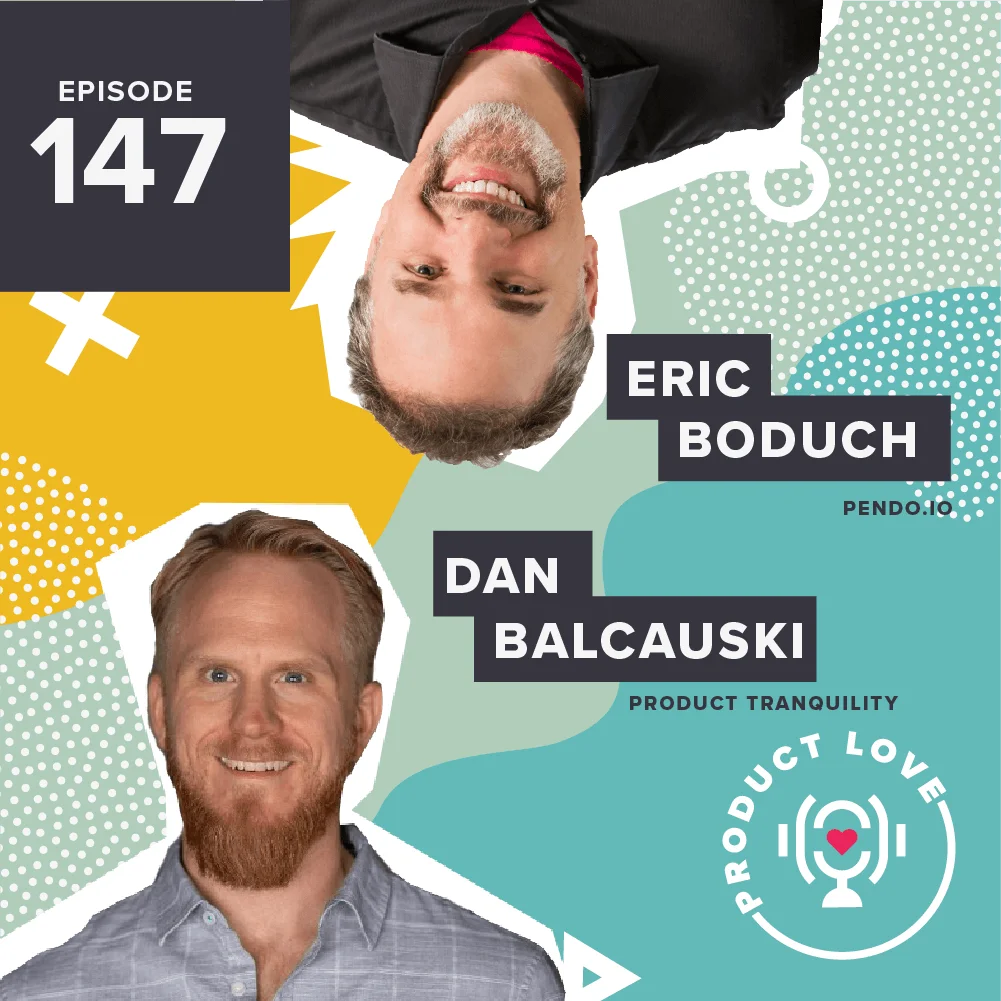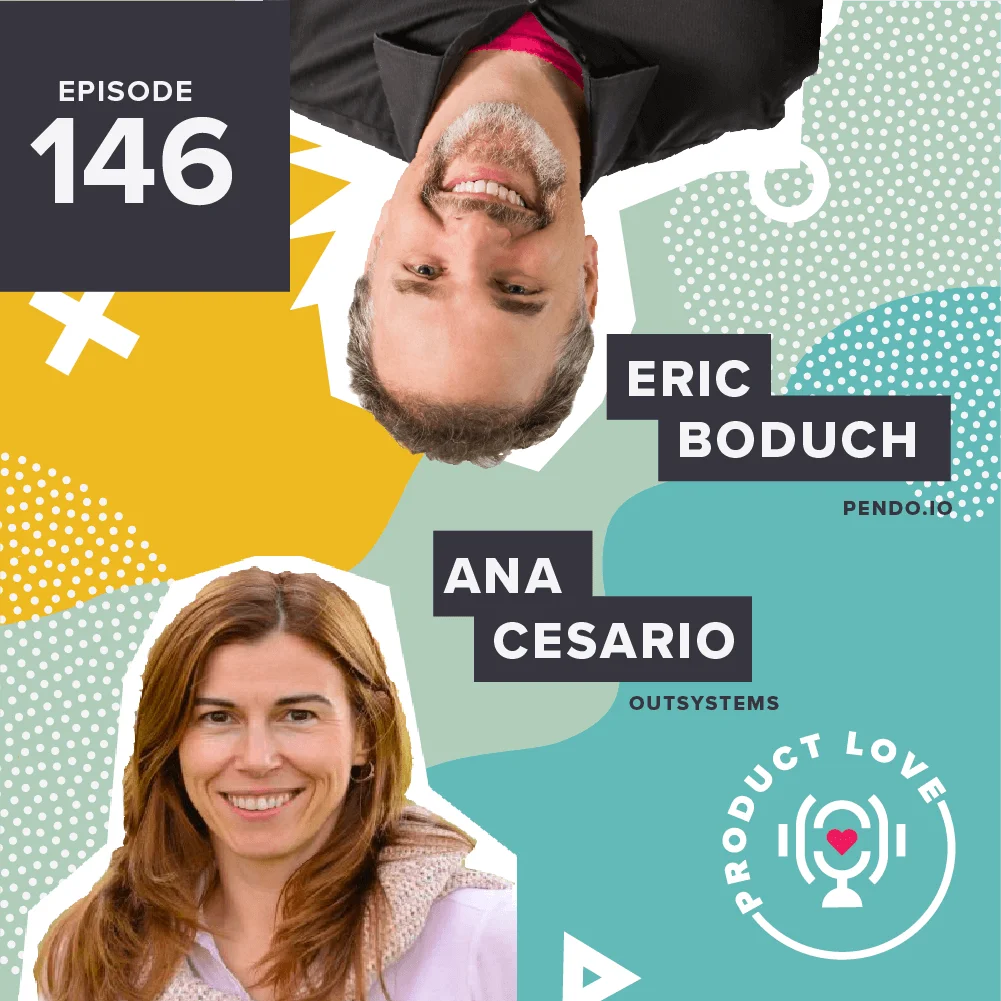This week on Product Love, I sat down with James Norwood, a C-level executive and operational and strategy advisor at various firms. He’s been in the software industry for more than thirty years and has experience with just about every facet of the business. James even worked at a startup before “startups” were even a concept. Nowadays, he works as a product strategy consultant who partners with companies to help them nail down their product positioning and messaging.
In this week’s episode, we talked about product marketing and remote work.
Ther power of product marketing
Out of all the business functions he’s been immersed in, James enjoys product marketing the most. People sometimes think a single individual could own product marketing, management, and evangelism as if they’re rolled into one. However, that’s not often the case. James also believes that product marketing needs to be independent and report up to a C-level executive who can vouch for them during board meetings.
So, what skills make a strong product marketer? Storytelling, competitive intelligence, and positioning. People are naturally attracted to stories, as they bring the imagination to reality. In the world of B2B SaaS, where jargon runs rampant and abstract concepts need more of an emotional push, storytelling is absolutely crucial for product marketers.
The reality is that a lot of products end up looking the same after a while. Take it from James — he understands this truth well from spending decades of his career in the CRM software industry. Storytelling helps differentiate your product from the rest of the pack. The ability to tie in emotional connections to your product mission strikes a chord with the audience. But most importantly, you and your team need to believe in the story, too. James recommends talking to customers because they have a treasure trove of great insights and anecdotes that can give shape and color to your product story.
Differentiation doesn’t last long. Eventually, all of your competitors will come up with similar (or better) features. Product positioning, however, has more staying power. James admits that positioning is one of the hardest things for product marketers to get right, but once they do, it’s extremely rewarding.
Inspiring your engineering team
James and I also talked a lot about the future of DevOps, a topic that he’s very passionate about. But I wanted to highlight another part of the conversation that I loved. We talked about inspiring our own development teams, something that product people need to rally around more often.
James makes it a point to meet with his entire development team and provide them with a long roadmap vision. Engineering teams don’t always get that deep visibility. Often, they get user stories and small glimpses of the product’s future. Instead, James walks them through the vision and shares powerful key points around how customers will be positively impacted by these product developments.
I wholeheartedly agree with this approach. It’s inspiring for engineers to see how they can affect a user’s entire product experience — and even their career.
If you want to hear more about the future of DevOps and James’s thoughts on Agile versus waterfall, listen to the episode above.




